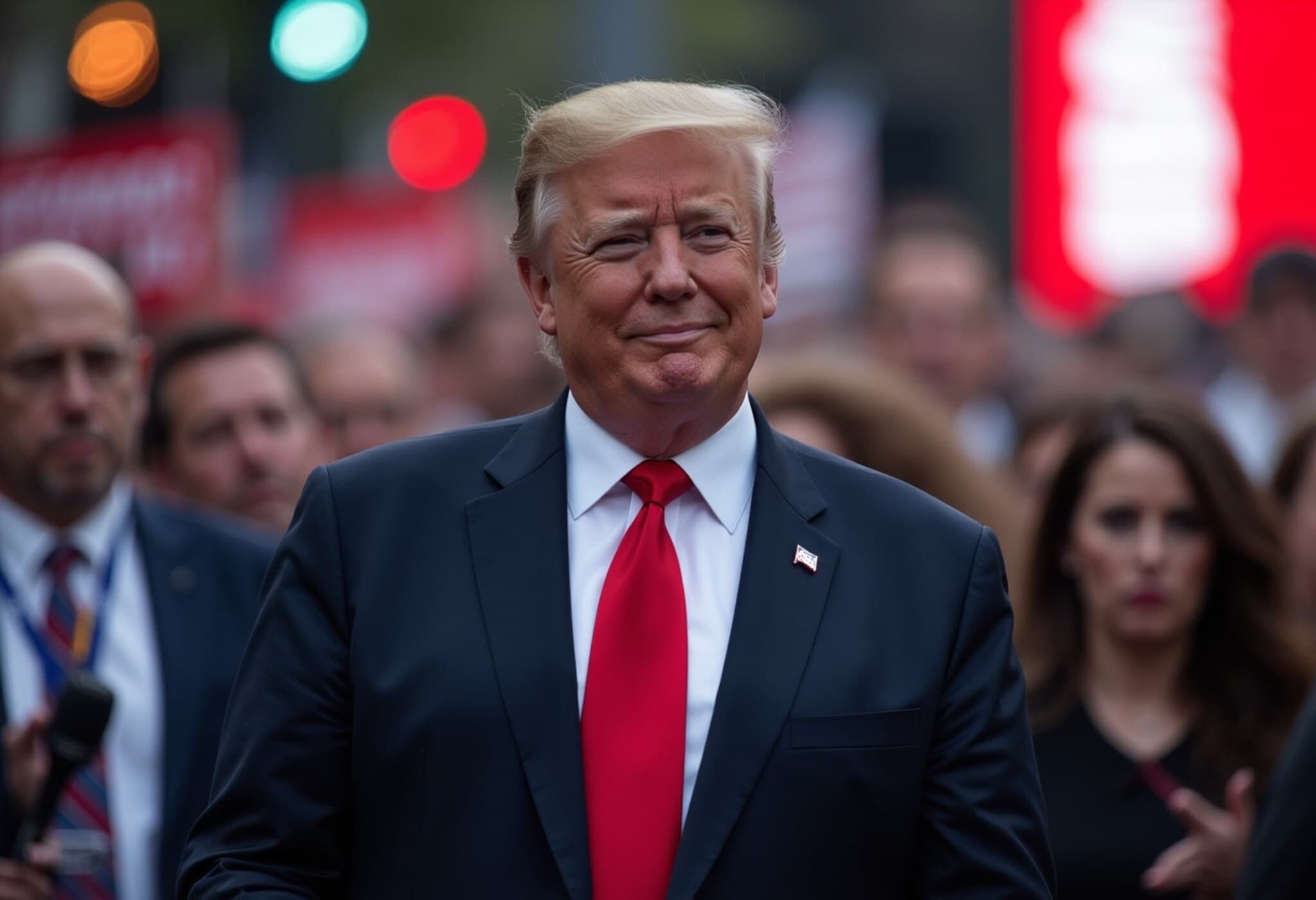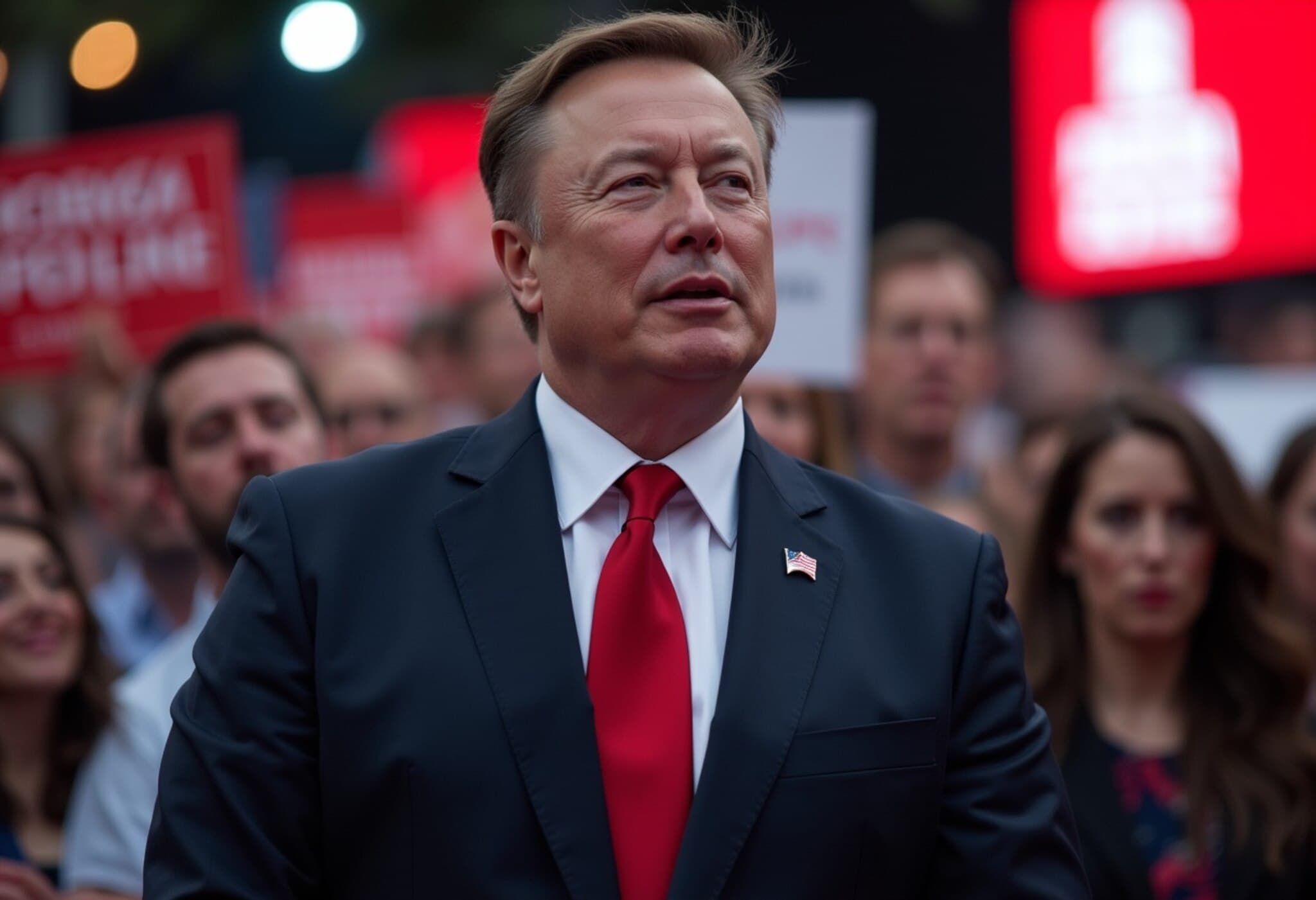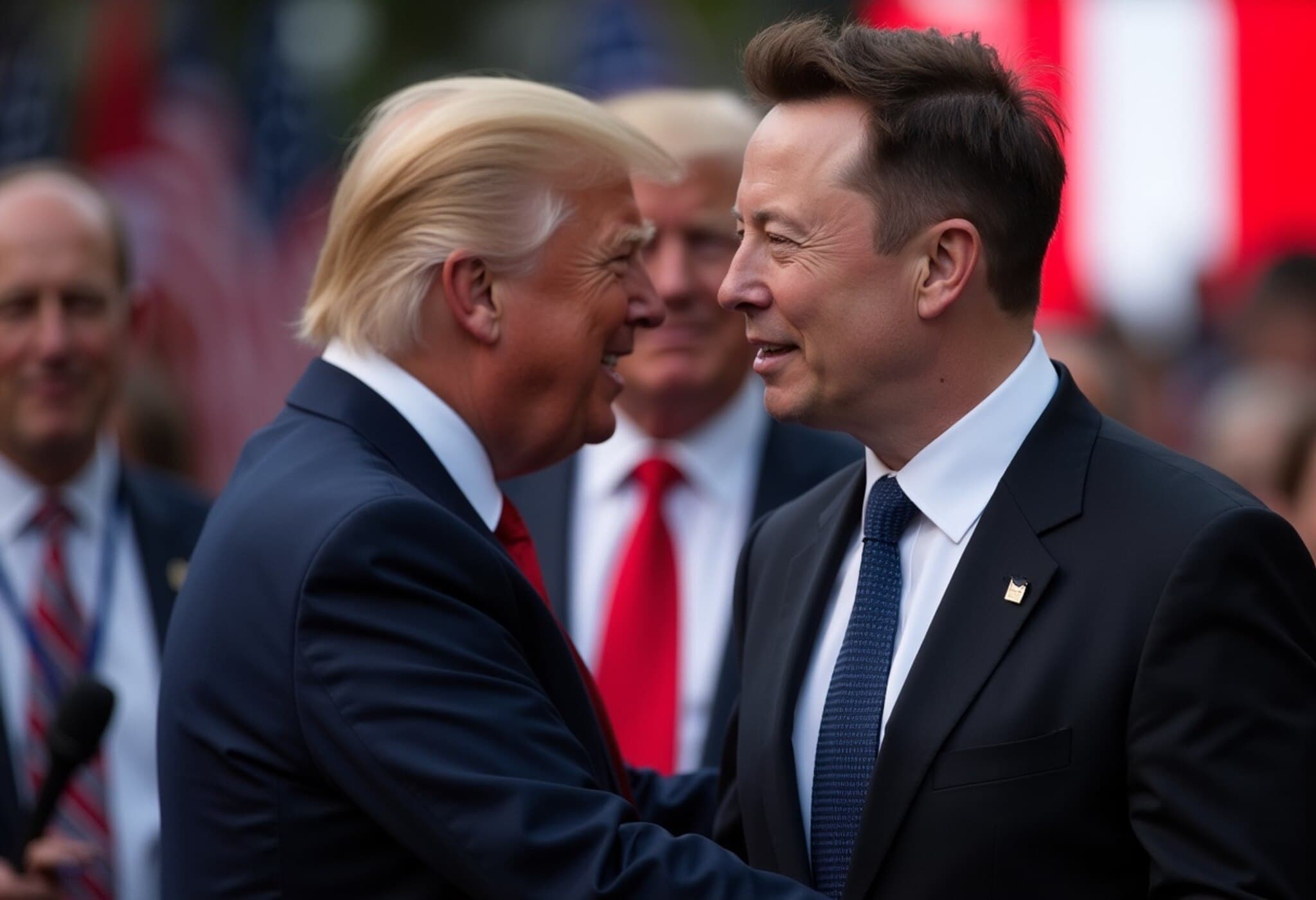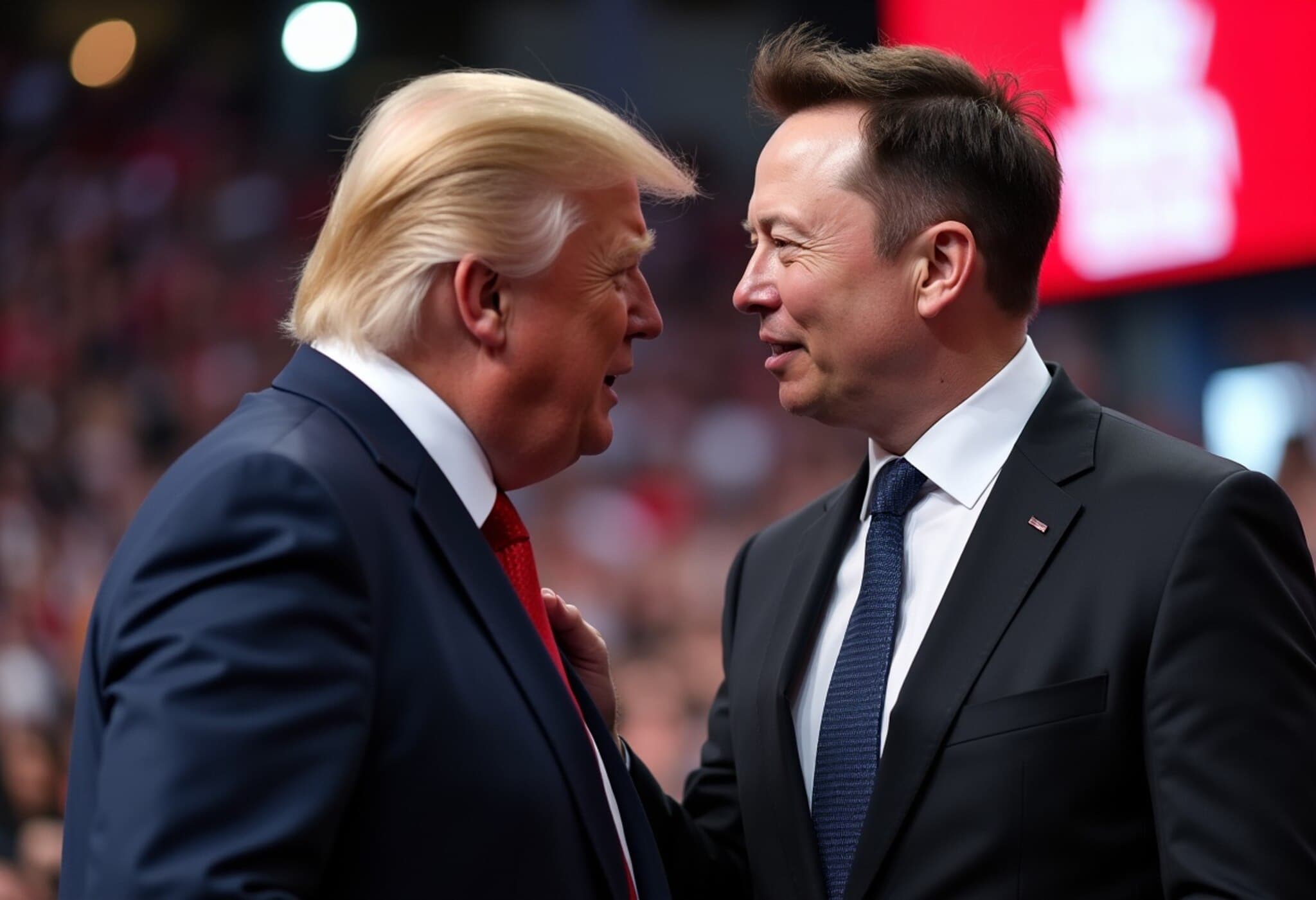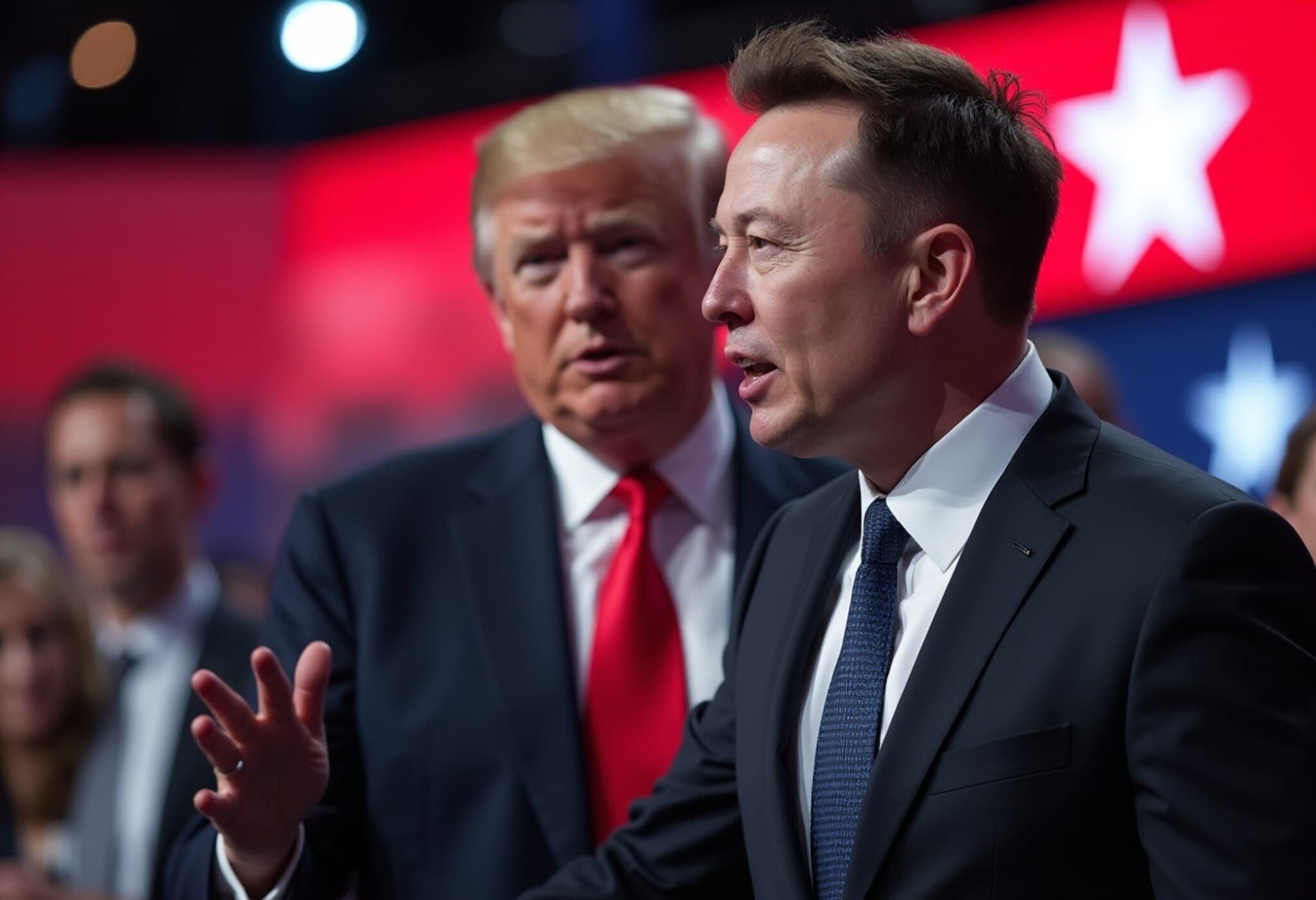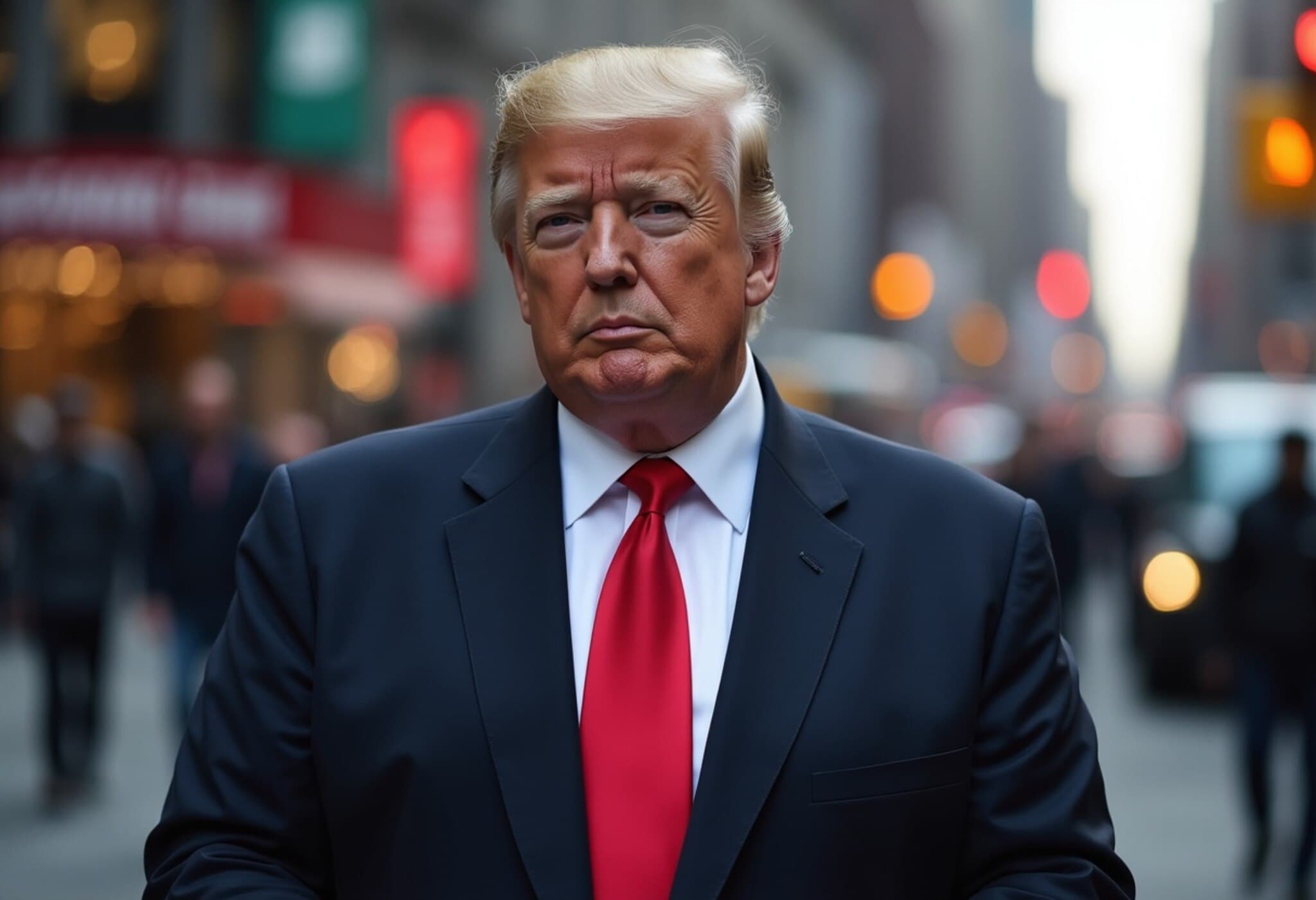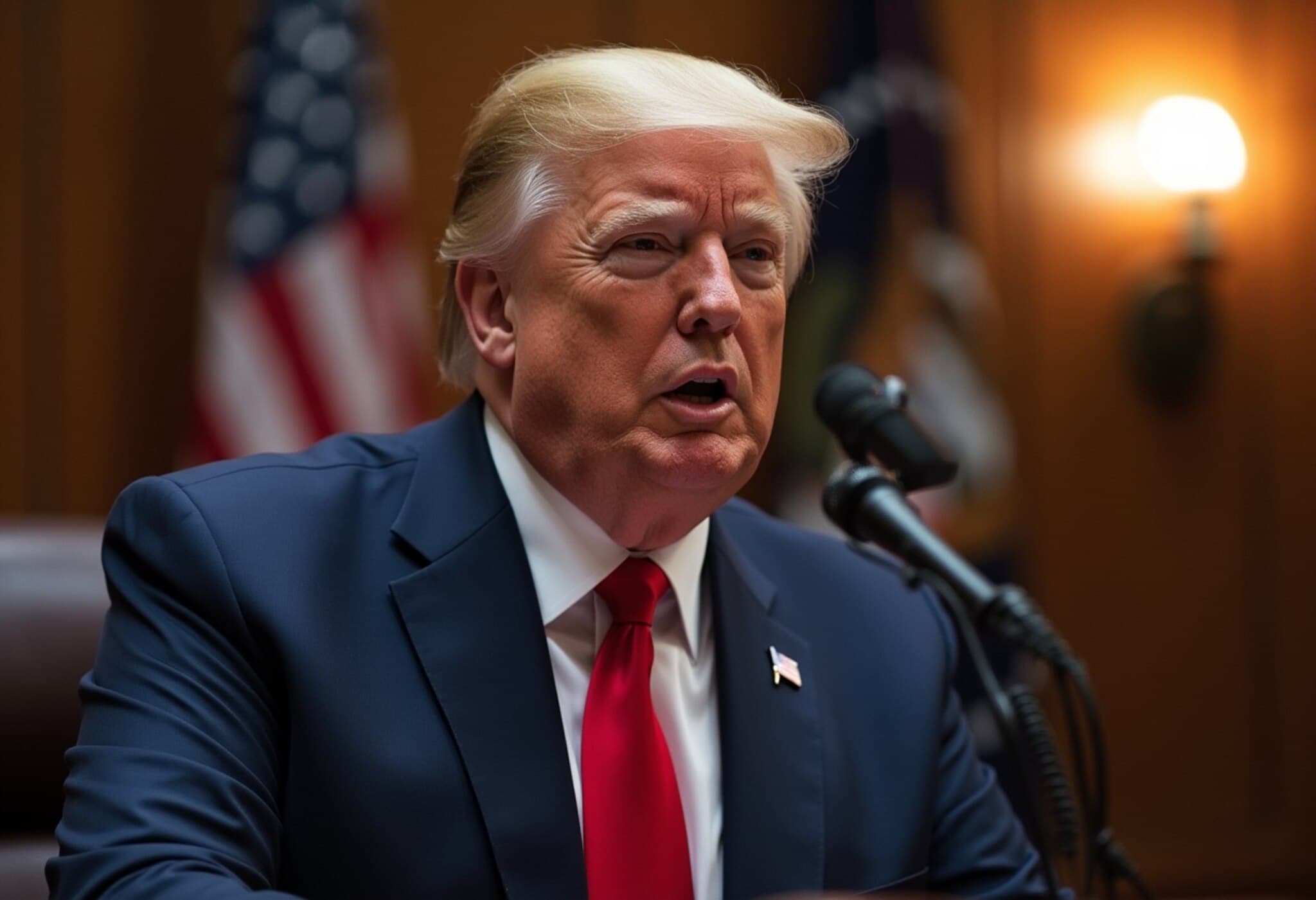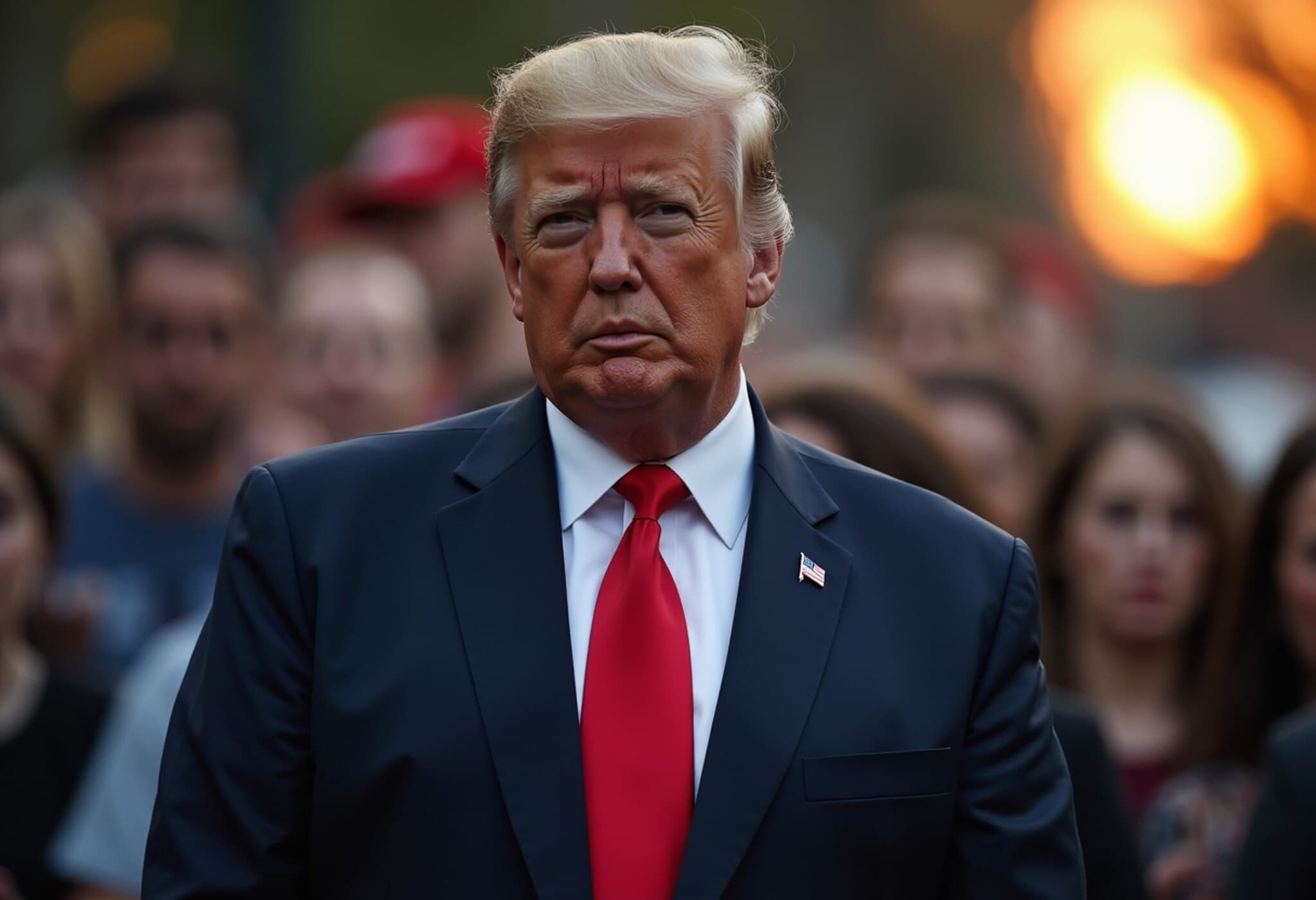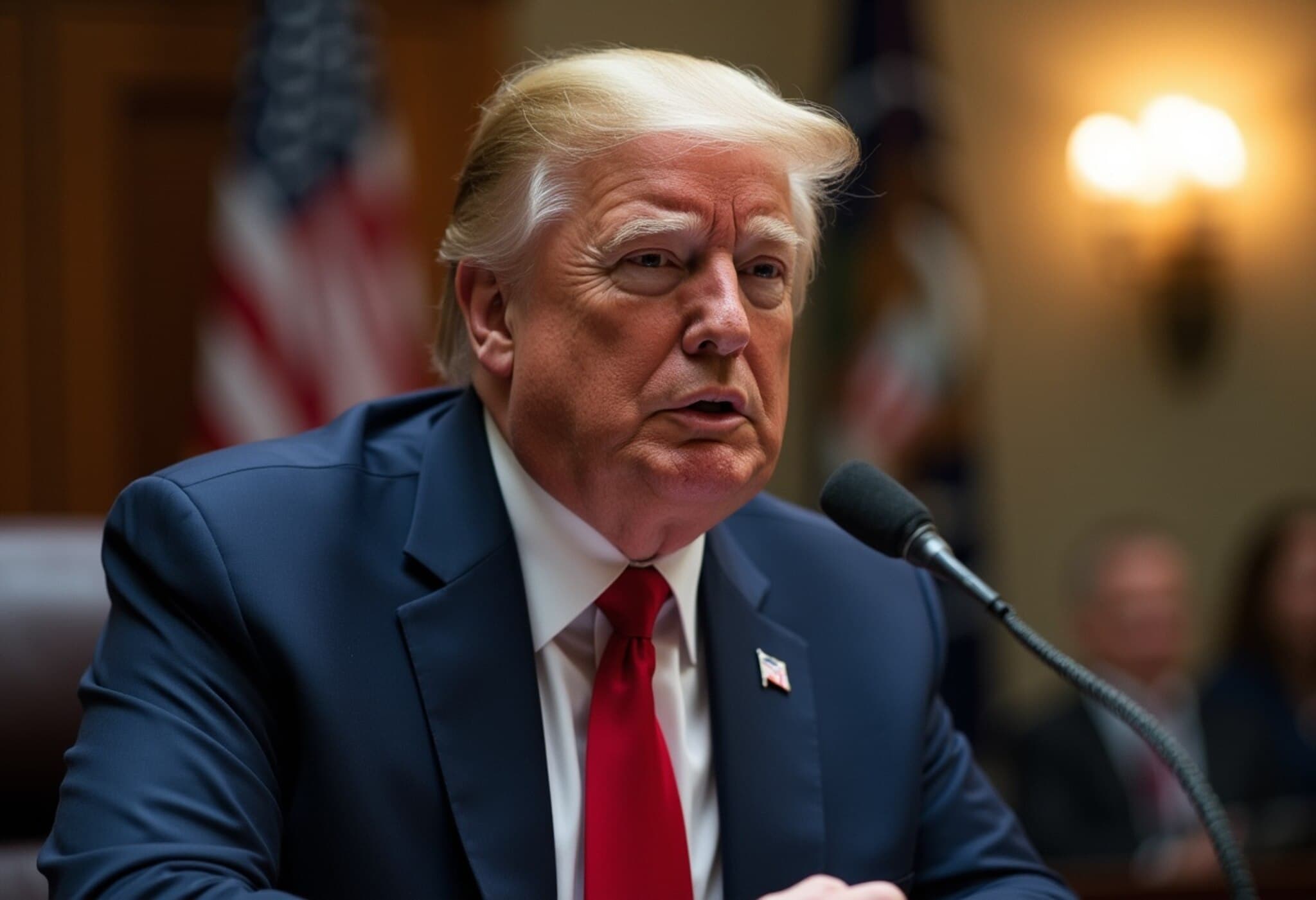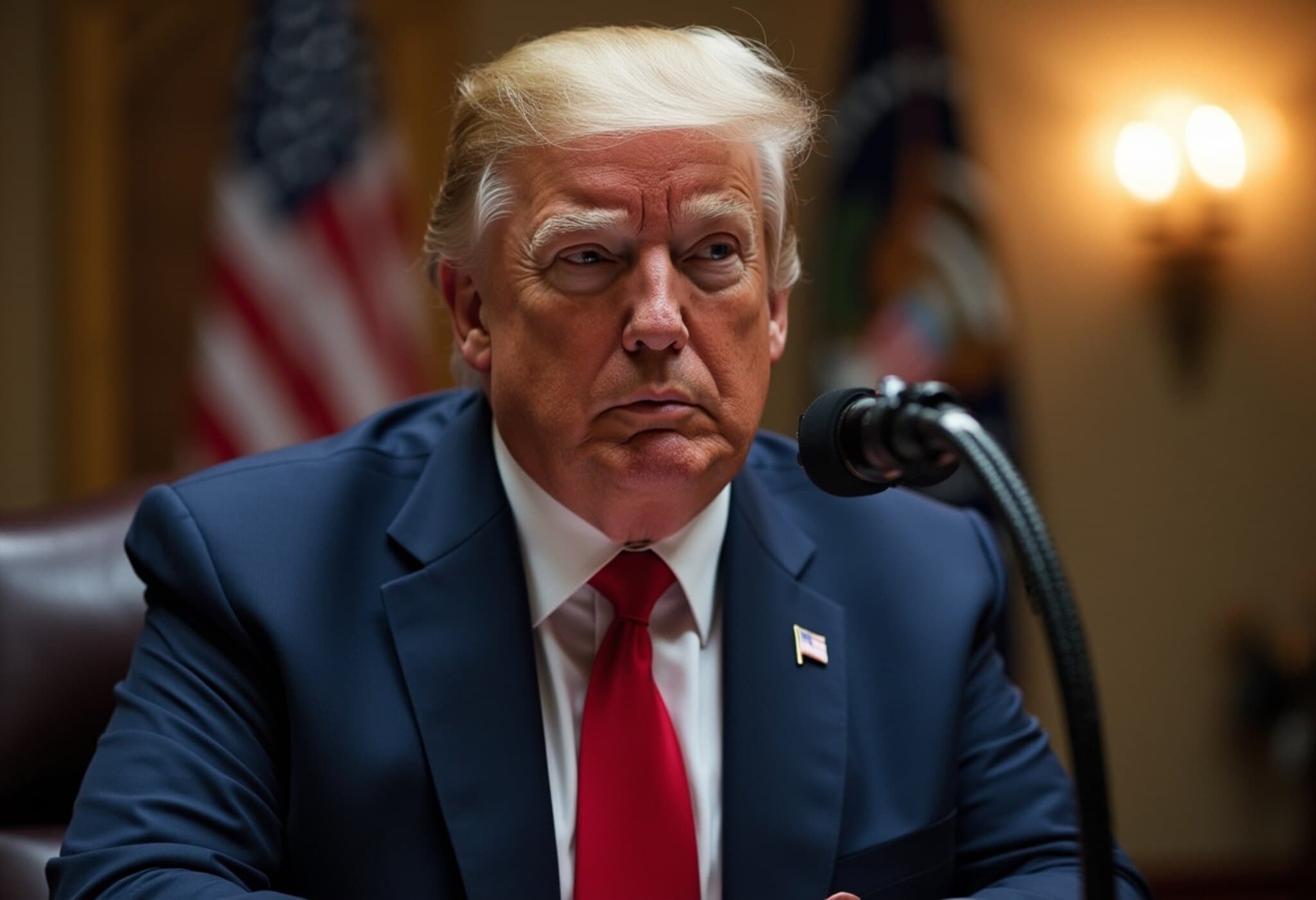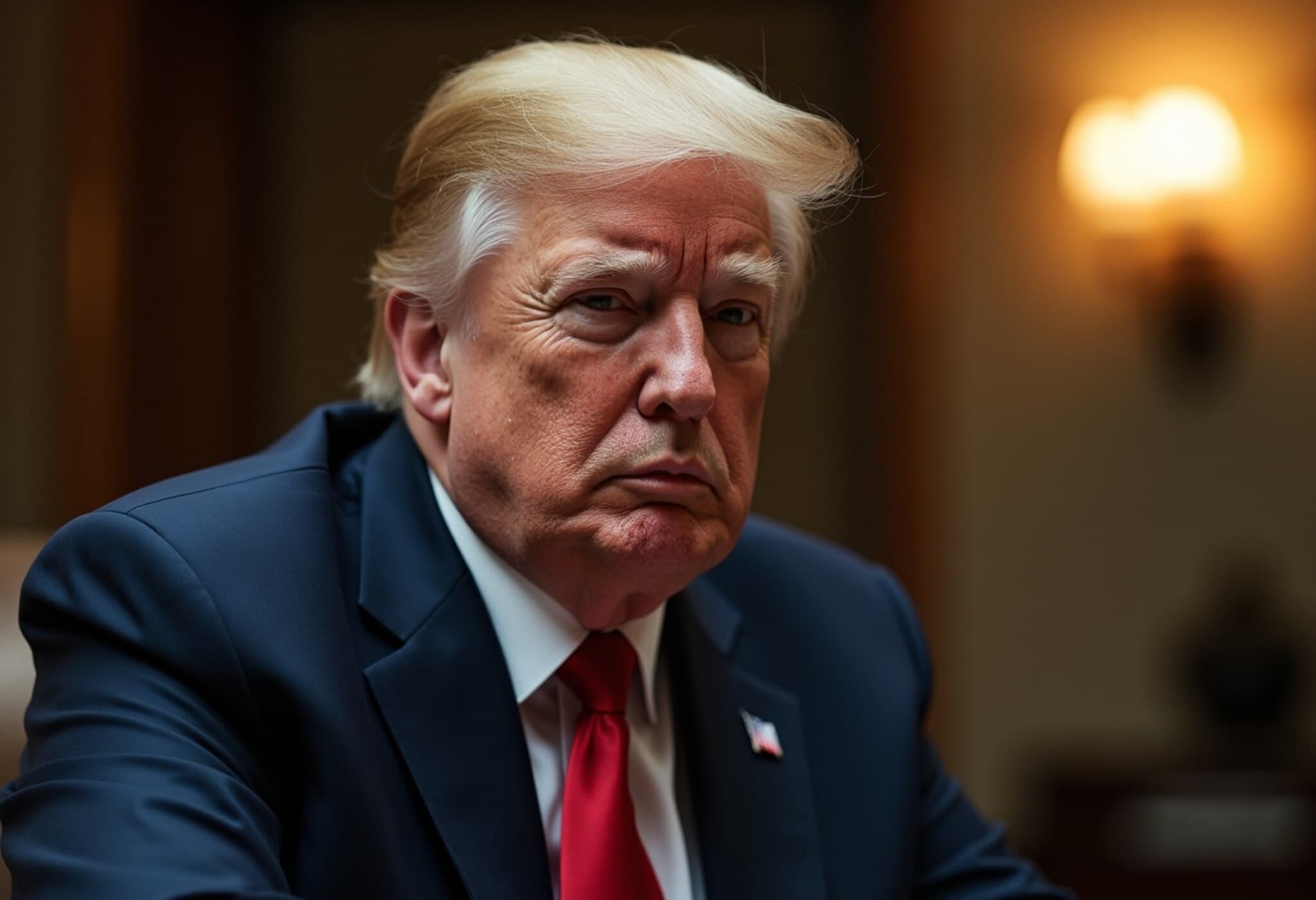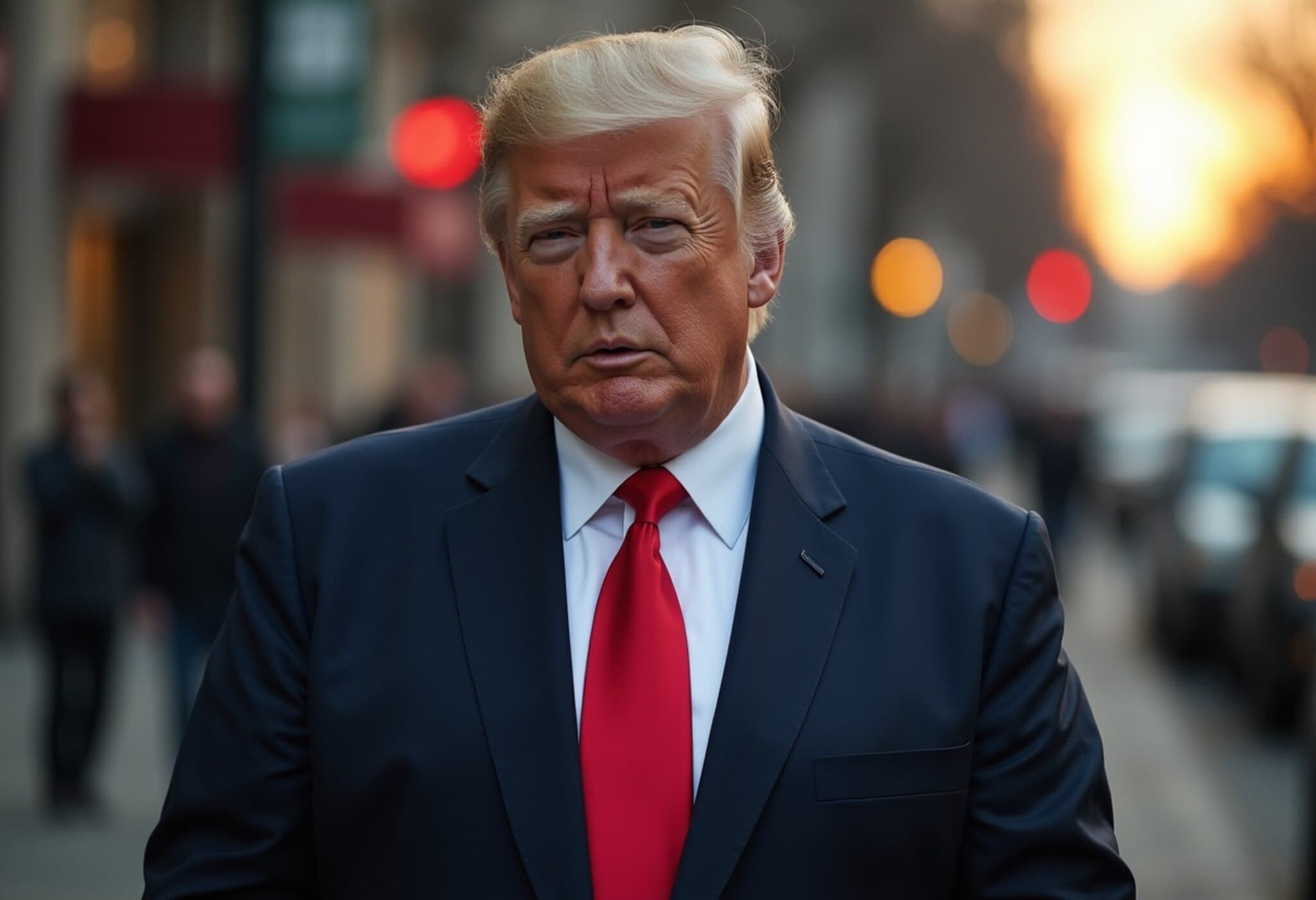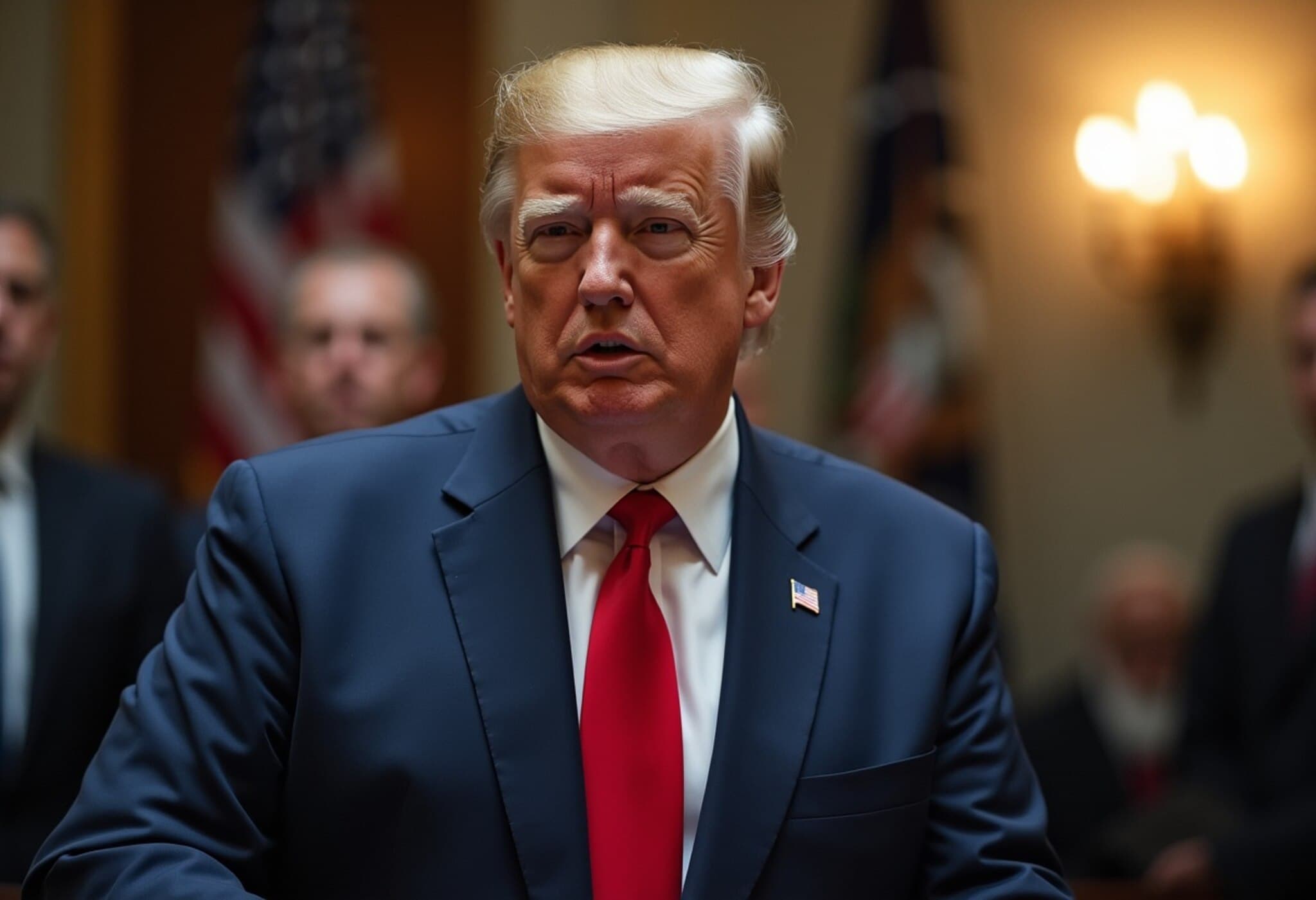Trump Dismisses Epstein Allegations Amid GOP Pressure for Disclosure
In a controversial move that has stirred the political pot, former US President Donald Trump publicly denounced a faction of his right-wing supporters on Tuesday for what he called their fixation on the Jeffrey Epstein scandal—a topic he now brands a "hoax." On his social media platform Truth Social, Trump lambasted those urging for greater transparency on Epstein's alleged client list, suggesting they are easily duped and no longer worthy of his backing.
Trump’s Stark Warning to His Base
Trump’s blistering post accused his own followers of falling victim to "Democratic bulls**t," criticizing them for being "conned by the Lunatic Left for 8 long years." He emphatically stated he no longer desires the support of these "weaklings," framing their demands for disclosure as distractions from his administration’s achievements.
“I have had more success in 6 months than perhaps any President in our Country’s history, and all these people want to talk about, with strong prodding by the Fake News and the success starved Dems, is the Jeffrey Epstein Hoax,” Trump wrote.
This outburst comes against a backdrop of escalating calls within the Republican Party for more openness regarding Epstein’s murky network. Notable GOP figures such as House Speaker and representatives Anna Paulina Luna, Marjorie Taylor Greene, and Lauren Boebert have pushed Congress to subpoena the Justice Department or even appoint a special counsel to delve deeper into the Epstein case.
Republican Divisions Over Epstein Transparency
The Epstein topic has exposed divides within the GOP. On one hand, several conservative lawmakers champion full disclosure of Epstein-related documents, arguing the public deserves to know the extent of criminal networks tied to the late convicted sex offender. In a rare candid interview, the House Speaker acknowledged the delicacy of the matter, but stressed the importance of making information public to empower voters to decide for themselves.
- Key advocates for investigation: Reps. Anna Paulina Luna, Marjorie Taylor Greene, Lauren Boebert
- Calls include: Subpoenas, special counsel appointments, releasing client lists
Justice Department’s Stance and Pam Bondi’s Role
The Justice Department recently issued a memo clarifying that Jeffrey Epstein’s death was ruled a suicide in 2019 and announced no further public disclosures would be forthcoming. This document also dispelled rumors about the existence of a client list, which Attorney General Pam Bondi had previously alluded to reviewing.
Despite the official stance, Bondi confirmed earlier this year that certain documents related to Epstein’s network remained under review but stopped short of promising any disclosures.
Trump, while defending Bondi’s handling of the issue, expressed openness to releasing credible information, provided it meets evidentiary standards.
“I would like to see that also,” Trump remarked. “The credibility is very important, and you want credible evidence for something like that.”
Contextual Insight: Why Epstein Remains a Lightning Rod
Jeffrey Epstein’s case taps into broader societal anxieties around power, privilege, and justice. As a convicted sex offender with connections to high-profile figures, the murky details of Epstein’s associations continue to provoke demands for accountability and systemic reform.
In the American political landscape, the Epstein controversy intersects with deep partisan divides, conspiracy theories, and calls for institutional transparency. Trump’s rebuke highlights the tensions in balancing political loyalty with accountability — a dilemma many leaders face when contentious topics threaten to overshadow policy agendas.
Underreported Narratives
- Impact on Epstein’s victims: Calls for disclosure underscore a need to center victims’ voices in political discourse.
- Role of justice institutions: How effectively can departments maintain both transparency and confidentiality in sensitive investigations?
- Political exploitation: The risk of leveraging tragic scandals for partisan gain, diverting focus from substantive governance.
Looking Ahead: What’s Next for the Epstein Saga?
As political pressures mount, questions linger about whether any new revelations will emerge or if the Epstein case will remain a politically charged yet officially closed chapter. Transparency advocates within the GOP and beyond may continue pushing for access to sealed records, while figures like Trump seek to steer the narrative away from Epstein and back toward their political achievements.
The Epstein controversy offers a potent reminder of how unresolved scandals can shape political discourse, influence voter sentiment, and challenge institutions’ capacity for openness.
Editor’s Note:
The Jeffrey Epstein case remains emblematic of the complex interplay between justice, politics, and public trust. Trump’s dismissal of the issue as a "hoax" and his estrangement from concerned supporters spotlight ongoing debates about accountability and narrative control in American politics. As demands for transparency persist, the broader question is whether truth or political expediency will ultimately prevail.


